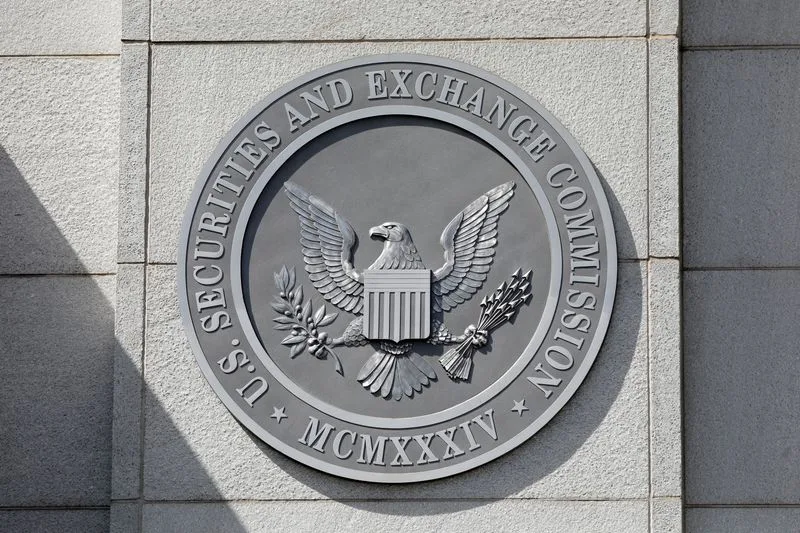A federal judge has stricken a rule forcing certain hedge funds and private equity firms to register as Treasury bond dealers- a major blow to the Securities and Exchange Commission. The decision was seen as widely in the interests of hedge funds and challenges the recent efforts of the SEC to extend its oversight into the U.S. bond market.
It is at once a case with implications for the broader financial sector and also, in full public display, the tug-of-war between regulators and private market participants over how to achieve stability and transparency in the multitrillion-dollar Treasury market.
In 2022, the SEC proposed a rule that would classify a small set of hedge funds and other institutions among nonbank dealers as “dealers” because these funds traded exceptionally large volumes of U.S. Treasury securities. If classified as dealers, they would have had to register with the SEC and comply with more stringent reporting and capital and liquidity requirements.
This was part of a much broader push by the SEC, one that was supposed to address the possible ills that were besetting the Treasury market, especially considering what the COVID-19 pandemic unleashed on the market during the period in which liquidity in the market significantly eroded. Regulators argued that increased oversight over active traders in the bond market served as a necessary aspect in reassuring the setting of market stability and preventing systemic risks.
The hedge funds, among other private market participants, however, complained that the rule was too broad, overly burdensome, and targeted their activities unfairly. They maintained that excessive costs in compliance would squash market liquidity and innovation.
US District Judge Katherine Polk Failla ruled in favor of the plaintiffs, contending that the SEC had overstepped its authority by implementing the rule without adequate evidence that hedge funds posed a systemic risk to the Treasury market. Judge Failla additionally criticized the SEC for not considering the economic impact of the rule about private market participants enough.
“The SEC’s approach appears to conflate activity with systemic risk without providing a clear and convincing basis for doing so,” Judge Failla wrote in her opinion. Moreover, it was ambiguous so it might create confusion and inefficiency in the market.
This ruling marked a significant win for hedge funds and private equity firms, which have argued that this move is overreaching by regulatory authorities. A setback in the goal of the SEC is to strengthen oversight over the treasury market, one of the most important financial markets worldwide.
Analysts are of the view that the judgment could revive heated debate among market experts on just how much regulation non-banking financial institutions should come under in the bond market. Some industry analysts are concerned that avaricious shortcomings of oversight leave the market vulnerable to future disruptions, while others favor the existing framework as good enough.
Hedge fund trade groups welcomed the decision, claiming it’s a “commonsense ruling” that keeps the market competitive and liquid. The SEC has yet to indicate that it would appeal. However, Chair Gary Gensler stated that the agency remains committed to making sure the Treasury market remains resilient.
The overturning of the SEC’s Treasury dealer rule marks a watershed moment in the relationship between regulators and private market participants. As the debate over market oversight seems to be gaining momentum, the ruling adds another layer to understanding the difficulties that the regulators face while balancing market stability with innovation and competitiveness in the financial sector.




